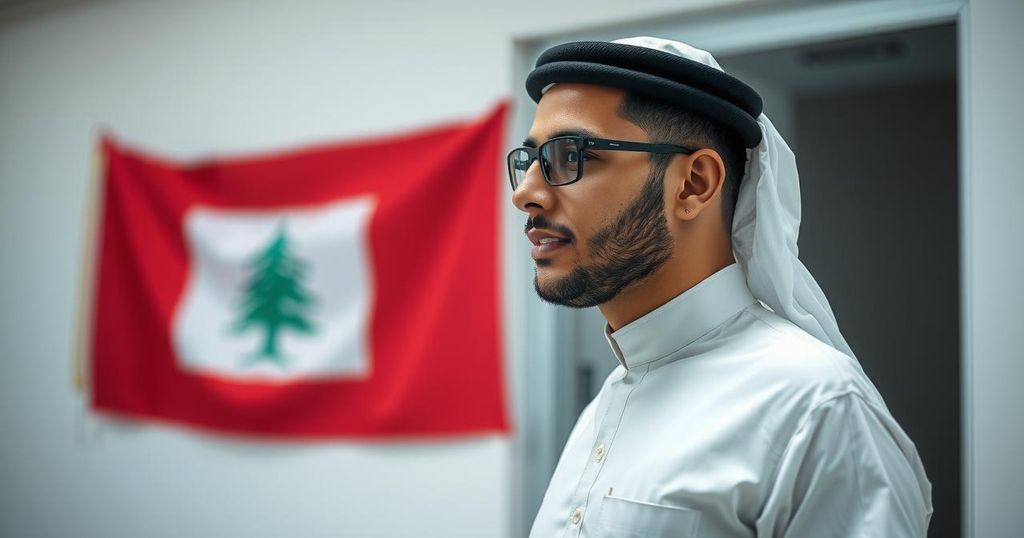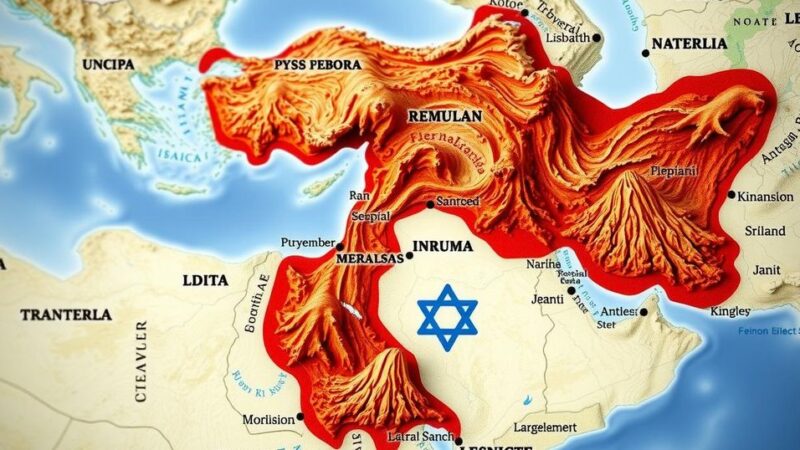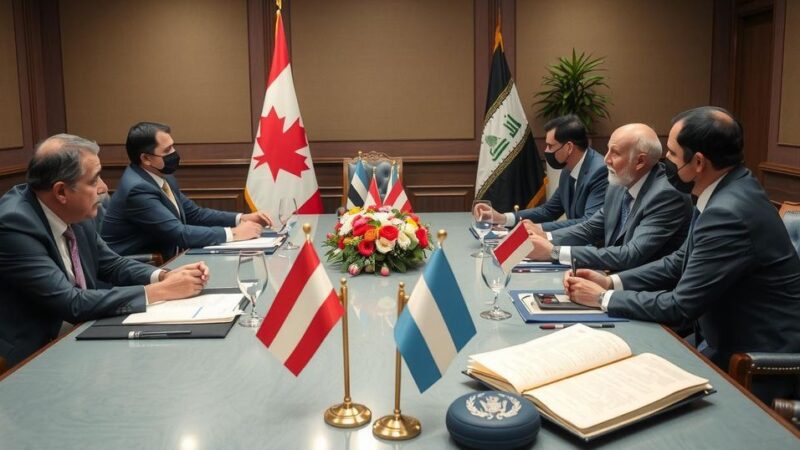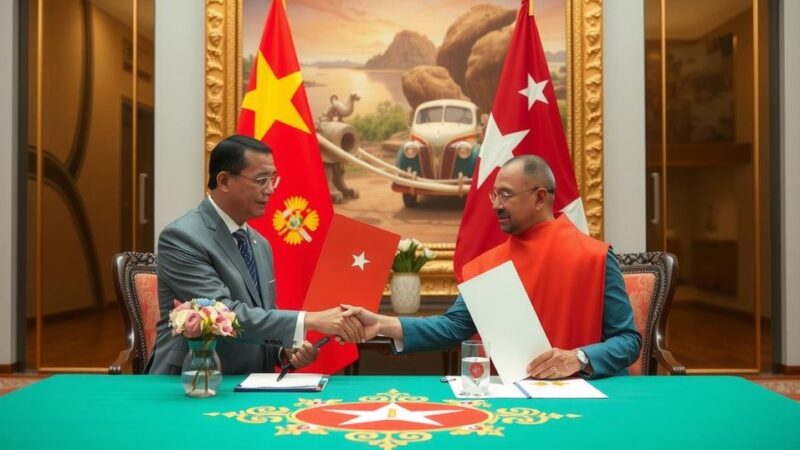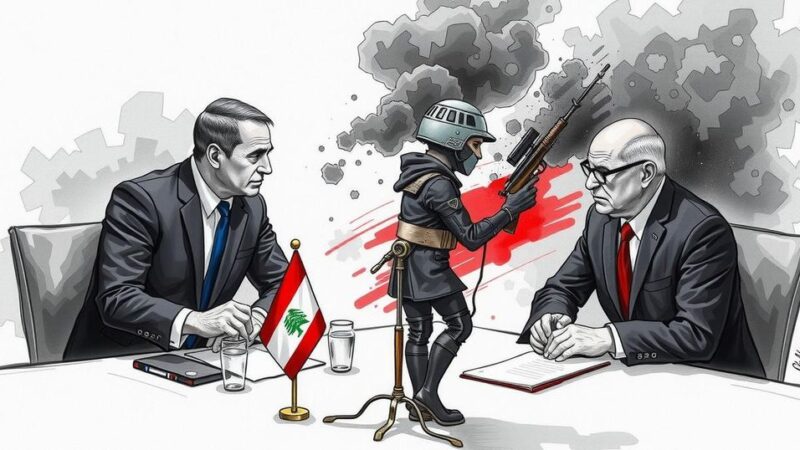Lebanon has decided to extradite Egyptian activist Abdul Rahman al-Qaradawi to the UAE despite fears of human rights violations. Arrested in December after critical remarks about the UAE, Egypt, and Saudi Arabia, al-Qaradawi faces risks of torture if extradited, as asserted by Amnesty International.
Lebanon has approved the extradition of Egyptian opposition activist Abdul Rahman al-Qaradawi to the United Arab Emirates (UAE), despite significant concerns regarding his potential treatment upon arrival. Prime Minister Najib Mikati’s office confirmed the cabinet’s decision following al-Qaradawi’s arrest on December 28, 2022, subsequent to his return from Syria. Amnesty International has raised alarms about the risks he faces, including the potential for torture and enforced disappearance should he be sent to either the UAE or Egypt.
Al-Qaradawi, whose family has appealed for his release, has garnered attention for his criticisms against the governments of the UAE, Egypt, and Saudi Arabia. His lawyer announced plans to file an appeal against the extradition ruling. The case illustrates the ongoing tensions surrounding freedom of expression in the region, as al-Qaradawi’s detention and possible extradition are perceived as reprisals for his vocal opposition to the authorities.
The situation regarding Abdul Rahman al-Qaradawi underscores broader regional issues surrounding free expression and human rights. Al-Qaradawi is the son of prominent Muslim Brotherhood cleric Yusuf al-Qaradawi and has been a vocal critic of authoritarian regimes in the Middle East. His arrest in Lebanon and the subsequent decision to extradite him come amidst requests from both the UAE and Egypt, revealing the interconnectedness of political dissent and legal actions in the region. The involvement of organizations such as Amnesty International highlights the international community’s growing concern over the implications of such extraditions on human rights and political freedoms.
In conclusion, the Lebanese government’s decision to extradite Abdul Rahman al-Qaradawi raises significant concerns regarding human rights and freedom of expression. Despite warnings from Amnesty International about the risks he may face, including torture and arbitrary detention, the extradition process is moving forward. The case not only highlights al-Qaradawi’s contentious political stance but also serves as a crucial test of Lebanon’s commitment to safeguarding individual rights against political persecution.
Original Source: www.aljazeera.com

